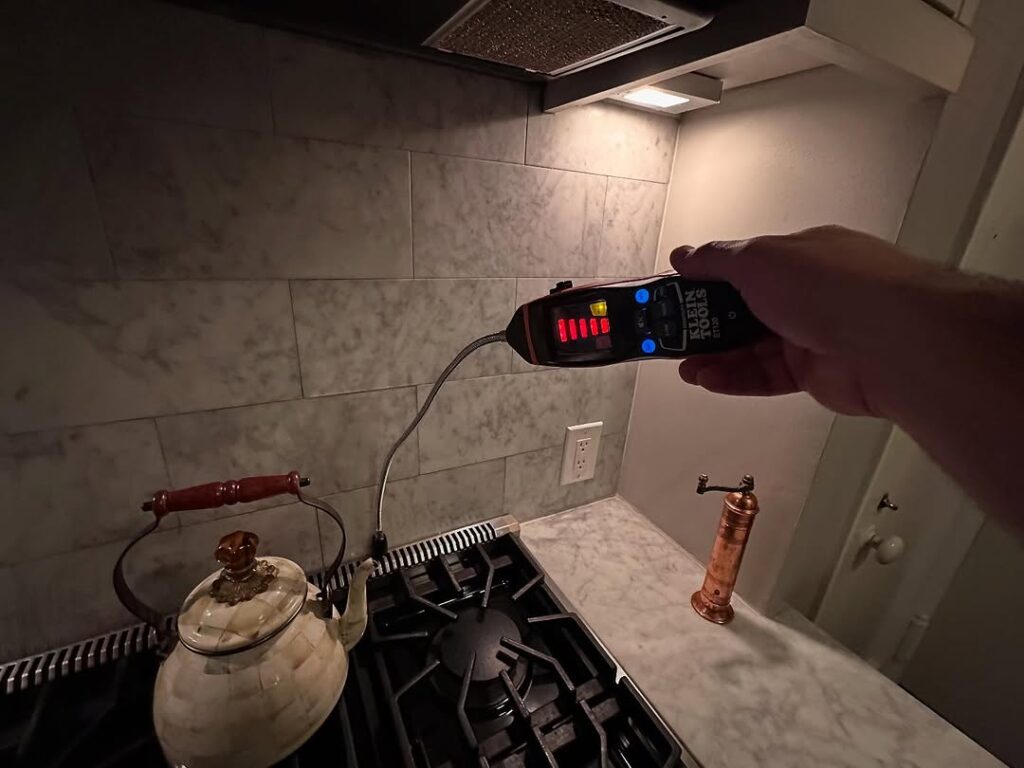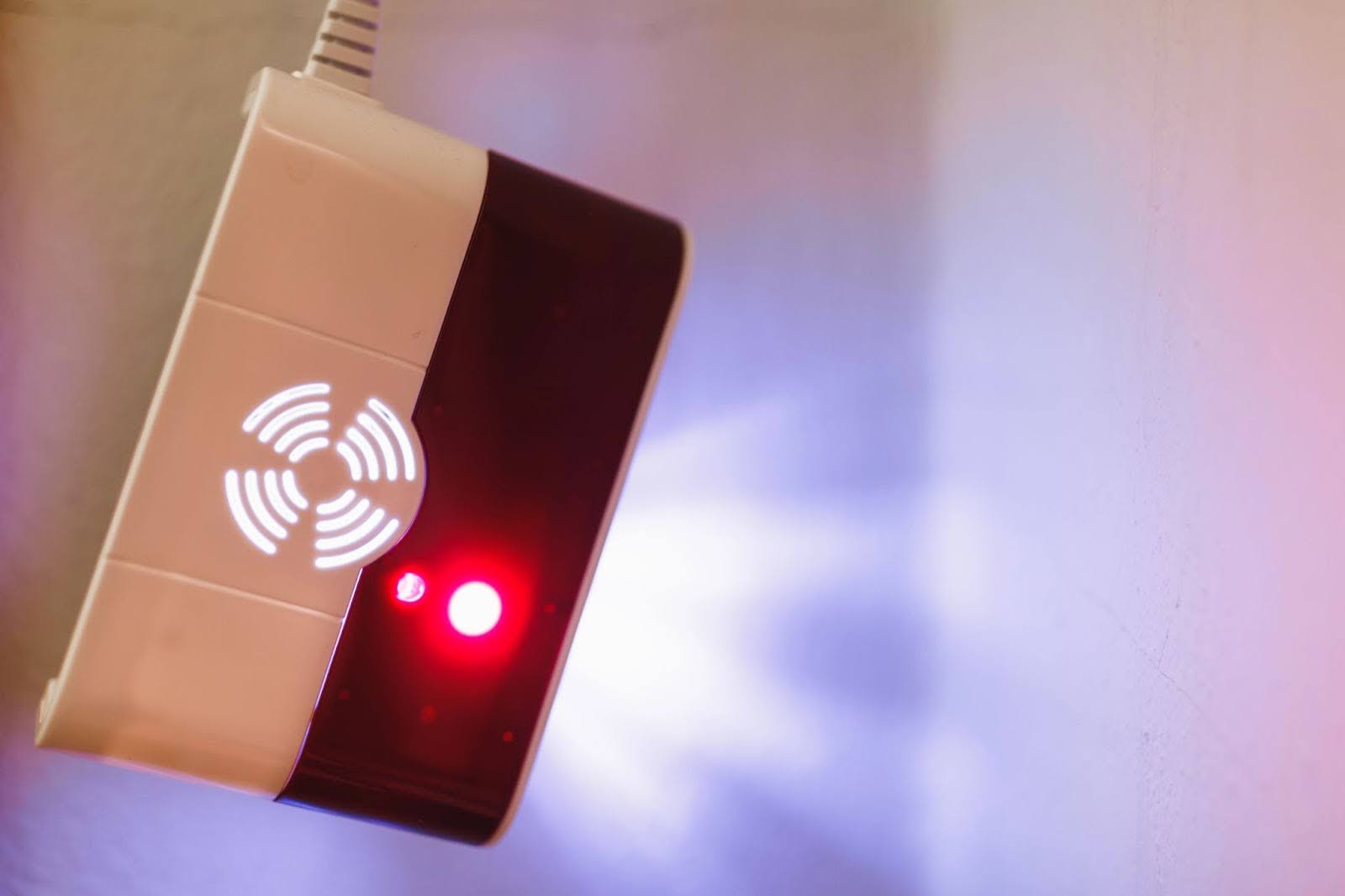Understanding the potential risks that gas leaks pose in our everyday lives is paramount, given the severe consequences they entail. Gas leaks, both small and large, can pose significant threats to our health, property, and overall safety.
Common sources of gas leaks are varied, extending from residential homes to commercial spaces, and usually derive from faulty gas pipelines, incorrectly installed or malfunctioning appliances, and poor construction or maintenance practices. Recognising these potential hazards underscores the critical need for quick detection of gas leaks and deliberate, immediate action to address the threat.
This comprehensive guide seeks to arm readers with essential knowledge about recognising the signs of gas leaks, the immediate actions to be taken under such circumstances, the preventive measures to be put in place to avert such occurrences, and common mistakes to avoid in handling gas leaks.
Also, the guide would provide you with resourceful information about reliable contacts during gas leak emergencies.
Recognising the Signs of a Gas Leak
Recognising the signs of a gas leak can be a matter of life and death. Often, gas leaks go unnoticed until they evolve into serious hazards, precipitating health complications or even triggering explosions or fires. Several signs can signal a potential gas leak. Following these signs can facilitate early detection and swift countermeasures to prevent disaster.
One of the most prevalent signs of a gas leak is the smell of sulphur or rotten eggs. Natural gas in its original form is odourless. However, for safety reasons, utility companies add a distinct sulphur like smell to it so that potential leaks can be identified promptly.
In parallel to this olfactory cue, strange sounds near the gas lines can also signal a gas leak. Among these sounds, a hissing or whistling sound is particularly indicative of gas escaping from pipelines or appliances. Furthermore, feelings of lightheadedness, dizziness, nausea, eye and throat irritation, fatigue, and problems breathing can be evidence of prolonged exposure to leaking gas and should prompt swift action.
Moreover, unusual behaviour in pets or unhealthy plants can also serve as subtle indicators of a gas leak. Pets could show signs of restlessness, discomfort, or anxiety and may become incredibly lethargic. Similarly, plants in your home might suddenly wither, turn yellow or brown, and die, even when there are no obvious signs of neglect.
Lastly, it is worth investing in gas-detection technology. Gas detectors can help identify leaks and raise an alarm more quickly than human senses can detect, especially when installed strategically around your home or office. This early warning system can be integral to preventing unfortunate disaster scenarios.
Immediate Actions to Take in Case of a Gas Leak
Upon detecting a gas leak, your response should be swift and measured. Evacuating everyone from the premises becomes the immediate priority. It is vital to ensure that this evacuation is done in a calm and orderly manner, without undue panic that could escalate the situation. Personal belongings should not be a priority at this time—getting to safety supersedes all else.
During this stage, responding to gas leaks effectively requires vigilance and adherence to established safety protocols. Avoid the instinctive draw to switch off lights or any electronic device, as even the slightest spark could ignite the gas, resulting in an explosion. Similarly, using an open flame around a suspected gas leak area can have dire consequences—the gas is highly combustible, and a mere matchstick could trigger a catastrophic event.
Once you’ve evacuated safely, quickly get in touch with emergency services and your gas provider, as they are adequately equipped to handle the situation. In the interim, it would be a good idea to seek temporary shelter elsewhere, preferably at a pre-identified safe location, while you wait for the necessary steps to be taken to rectify the situation.
Long-term Prevention Strategies
Preventive measures against gas leaks cannot be overemphasised, considering the potential hazards associated. Adhering to a regular maintenance and inspection schedule for your gas appliances can save lives and property by locating any possible faults before they result in leaks.
Indeed, the strategic installation of gas leak detectors can serve as an additional preventive measure. They provide an early detection system that can alert you to any impending danger before it escalates into a significant problem.
Education is another crucial aspect of gas safety. It is essential to make sure all individuals who share your space know the safety measures they should take in case of a gas leak. This can ultimately save lives when the time comes. Finally, professional assessments and updates to outdated systems should never be overlooked as these can significantly reduce the chances of gas leaks.
Common Mistakes to Avoid During a Gas Leak
When dealing with a gas leak, several misconceptions can be dangerous and should be avoided. One common mistake is attempting to stop the gas leak using regular household items. What many don’t realise is that this action does not only put their safety at risk ,but it can also escalate the problem. In the same vein, gas leaks should never be attempted to be repaired by amateurs, as they demand professional expertise.
Additionally, an overreliance on smell and visual cues as the only factors to confirm a gas leak could be misleading. Not all gas leaks produce a potent smell, and some gases are colourless and invisible to the naked eye. Thus, minor gas leaks should never be overlooked, as these could potentially lead to more significant issues in the future.
Resources and Contacts for Gas Leak Emergencies
As part of your safety strategy, you should have a readily available list of emergency contacts, including local gas companies and emergency services. These contacts are essential as they are your first line of reporting whenever you suspect a gas leak.
Websites and manuals that provide detailed safety guidelines should also be reviewed regularly. Also, participating in community resources like workshops or safety drills can provide invaluable, practical knowledge on what to do in case of gas leak emergencies. There’s also the availability of mobile apps that provide regular safety updates and quick reference material during emergencies.
Conclusion
Gas leaks are dangerous and can result in devastating outcomes if not promptly addressed. Regular care, observation, and the implementation of safety measures can play a pivotal role in preventing these unfortunate events. This important information should be shared with neighbours, friends, and family to create a safer community. Remember: staying informed and ready to act is the first step in guaranteeing the safety of your loved ones and protecting your property in case of gas leaks.


